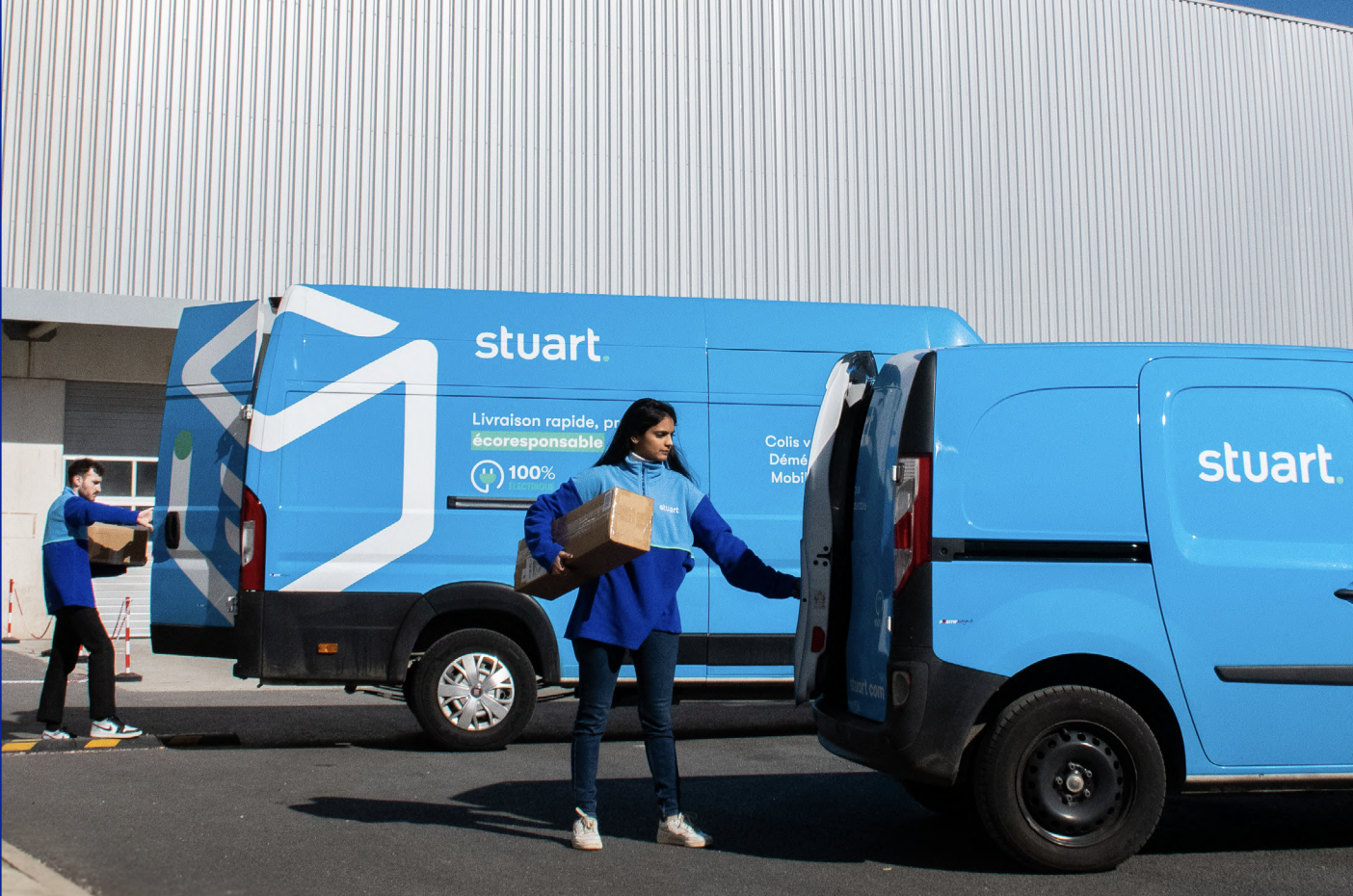In the week that official ONS figures show online food sales took a record share of the market – at 5.8% of all retail sales in the sector – how are grocery retailers responding to the change? We report on what Tesco, an Elite retailer in IRUK Top500 research, and Iceland, a Top250 retailer, said, as they both gave an update on their figures today.
Tesco: streamlining its business
Tesco today said its grocery home shopping business “performed strongly in the quarter”. Transactions and basket size both grew, year-on-year, as more customers adopted its delivery saver subscription scheme.
“We are continuing to roll out further innovations including the Spoon Guru lifestyle and dietary search filters and improvements to our website and customer application,” it said.
The update came as the retailer reported a 1.8% rise in like-for-like sales – which strip out the effect of store openings and closures – in the first quarter of its financial year, the 13 weeks to May 26, compared to the same time last year. In the UK and Republic of Ireland, sales rose by 3.5%.
During the quarter the retailer announced that it was to streamline the way it organises general merchandise sales alongside groceries. The retailer is closing its Tesco Direct operation on July 9. Grocery customers can already buy merchandise such as toys, homeware and cookware on tesco.com and the retailer says it will “selectively build on this offer, creating a simpler online experience for customers.
Chief executive Dave Lewis said: “Our growth plans are on track and we are pleased with the momentum in the business. We remain well-placed to serve our customers better and deliver on our medium-term financial ambitions.”
Iceland: focused on growth online, offline and overseas
Frozen food retailer Iceland says it was the UK’s fastest growing online retailer in its latest financial year. It saw more than 30,000 new customer registrations a week over Christmas, taking its database to more than 3m customers. Its online strategy is a mobile-first one: revenue from mobile devices overtook that from desktops in January 2018.
The update came as Iceland reported sales of £3bn in its latest financial year, to March 30. That’s 8% ahead of the previous year, with like-for-like sales up by 2.3%. Iceland said sales growth also came as it opened more stores, including 23 Food Warehouse stores, taking that part of the business to 59 stores in total. But earnings before interest, tax, and asset write downs came in at £157.1m, 1.8% down on the previous year, following investment in central costs, in price, and in supply chain problems during December that led to poor availability in key Christmas weeks.
During the year it launched a new partnership with JD.com to sell Iceland-branded goods online in China. International sales are also growing through new stores in the Republic of Ireland, the Czech Republic and, through a franchise partnership for Scandinavia, in Norway.
Iceland group managing director Tarsem Dhaliwal said: “This year we have continued to take a long-term view and to invest for the future: expanding our store footprint, enhancing the appeal of our existing stores through a major programme of refurbishments, growing our award-winning online business, continuing to roll our new and existing food lines that are unique to Iceland, and developing our supply chain to support the growth of our retail estate.”
Dhaliwal said there had also been a focus on sustainability in the fourth quarter as it moves to remove plastic packaging from its own-label range by 2023, as well as palm oil ingredients. “Although our motivation in acting on plastics and palm oil is not primarily commercial, we believe that the positions we have taken can only enhance our appeal to consumers and hence our sales in the longer term.”
The privately-owned retailer said its focus was on running its own business rather than being distracted by external issues “over which we can exert no control, whether those be Brexit or the proposed merger of Sainsbury’s and Asda.” It said clarity on Brexit would be helpful “as to every other business in the UK, but we are are confident of our ability to trade successfully through any likely future scenario.” And it said consolidation among the big four retailers seemed unlikely to add to “the intense competitive pressure under which we already operate, and any store sales forced by the competition authorities may create additional useful opportunities for property acquisitions.”
Image courtesy of Tesco









